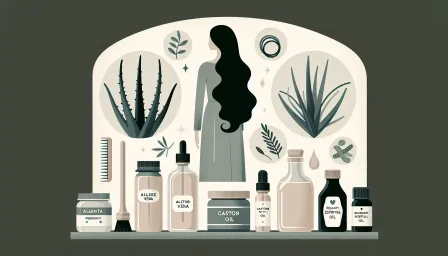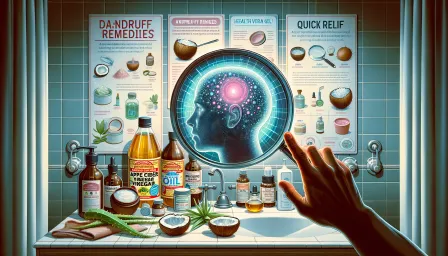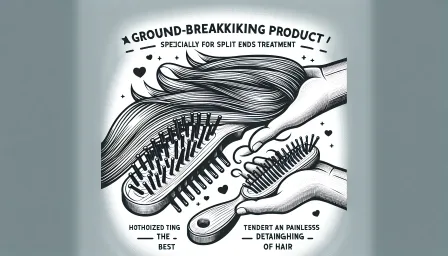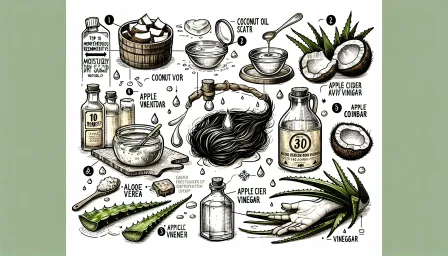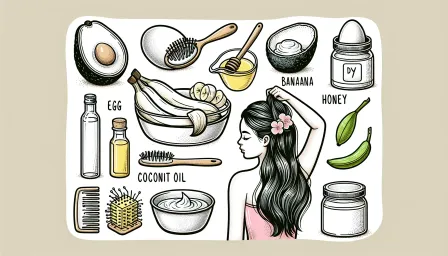Understanding Hair Loss and Hormonal Imbalance: Causes and Solutions
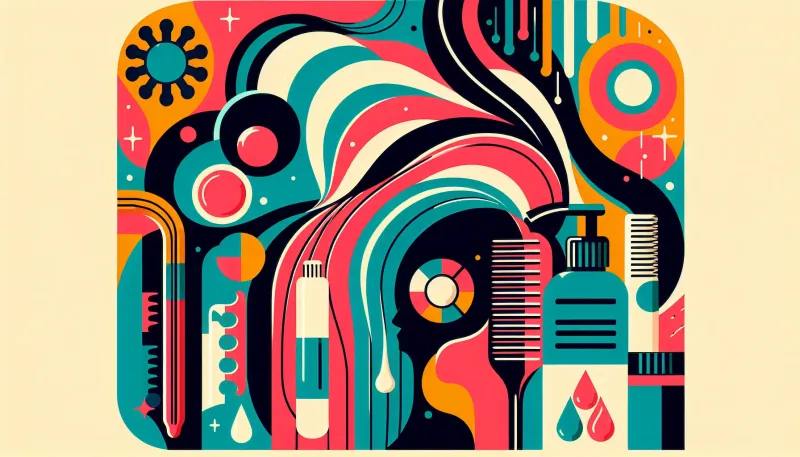
Explore the connection between hair loss and hormonal imbalance. Discover the causes, symptoms, and effective solutions to manage and reduce hair loss.
Hair loss can be a distressing experience for both men and women, affecting self-esteem and overall well-being. One significant factor contributing to hair loss is hormonal imbalance. This article delves into the connection between hair loss and hormonal imbalance, highlighting the causes, symptoms, and solutions to help manage and reduce hair loss effectively.
Understanding Hormonal Imbalance
Hormones play a crucial role in regulating various bodily functions, including hair growth. A hormonal imbalance occurs when there is too much or too little of a hormone in the bloodstream, disrupting the body's normal processes. Key hormones affecting hair growth include testosterone, estrogen, progesterone, thyroid hormones, and cortisol.
Causes of Hormonal Imbalance
Several factors can lead to hormonal imbalances, including:
- Aging: Natural aging processes can lead to hormonal changes, such as menopause in women and andropause in men.
- Medical conditions: Thyroid disorders, polycystic ovary syndrome (PCOS), and adrenal gland disorders can cause hormonal imbalances.
- Stress: Chronic stress can elevate cortisol levels, affecting overall hormonal balance.
- Diet and lifestyle: Poor diet, lack of exercise, and insufficient sleep can disrupt hormonal levels.
- Medications: Certain medications, such as birth control pills and steroids, can impact hormone levels.
Connecting Hair Loss and Hormonal Imbalance
Hormonal imbalances can directly impact the hair growth cycle, leading to various types of hair loss, including:
Androgenic Alopecia
Also known as male or female pattern baldness, this condition is largely influenced by the hormone dihydrotestosterone (DHT), a byproduct of testosterone. Elevated levels of DHT can shrink hair follicles, resulting in thinning hair and eventual hair loss.
Telogen Effluvium
This condition causes hair follicles to prematurely enter the resting (telogen) phase of the hair growth cycle, leading to increased hair shedding. Hormonal shifts due to stress, pregnancy, menopause, or thyroid disorders can trigger telogen effluvium.
Alopecia Areata
An autoimmune condition where the immune system attacks hair follicles, resulting in patchy hair loss. Hormonal changes can exacerbate this condition, although the exact cause remains unclear.
Symptoms of Hormonal Imbalance Affecting Hair
Recognizing the symptoms of hormonal imbalance can help in early diagnosis and treatment. Common signs include:
- Thinning hair or significant hair shedding
- Irregular menstrual cycles in women
- Unexplained weight gain or loss
- Fatigue and decreased energy levels
- Changes in mood, such as anxiety or depression
- Skin issues, including acne or dryness
Solutions to Manage Hair Loss and Hormonal Imbalance
Medical Treatments
Consulting a healthcare professional is essential for diagnosing and treating hormonal imbalances. Potential treatments include:
- Hormone Replacement Therapy (HRT): Used to balance hormone levels in individuals experiencing menopause or andropause.
- Thyroid Medications: Prescribed for treating thyroid disorders that affect hormone production.
- Anti-androgen Medications: Used to reduce the production of DHT in cases of androgenic alopecia.
Lifestyle Changes
Implementing lifestyle modifications can significantly improve hormonal balance and overall hair health:
- Balanced Diet: Consuming a diet rich in vitamins, minerals, and proteins supports healthy hair growth. Include foods like leafy greens, nuts, seeds, fish, and lean meats.
- Regular Exercise: Physical activity can help regulate hormones, improve blood flow to the scalp, and reduce stress levels.
- Stress Management: Practices like yoga, meditation, and deep breathing exercises can help lower cortisol levels.
- Adequate Sleep: Ensuring sufficient sleep helps maintain hormonal balance and supports overall health.
Natural Remedies
Natural remedies can complement medical treatments and lifestyle changes in managing hair loss due to hormonal imbalance:
- Essential Oils: Oils like rosemary, lavender, and peppermint can promote hair growth and improve scalp health when massaged into the scalp.
- Herbal Supplements: Herbs such as saw palmetto, ginseng, and black cohosh can help regulate hormone levels.
Conclusion
Hair loss and hormonal imbalance are closely interconnected, and understanding this relationship is crucial for addressing hair loss effectively. By recognizing the causes and symptoms of hormonal imbalances and implementing appropriate medical treatments, lifestyle changes, and natural remedies, individuals can manage and reduce hair loss. If you are experiencing hair loss, consult a healthcare professional to identify the underlying cause and develop a tailored treatment plan.
© 2024 Hair Health Insights. All rights reserved.




